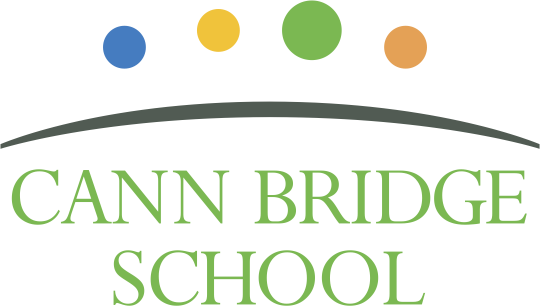KS1 Year 1: Themes
| Autumn | Spring | Summer |
| Traditional Tales | People who help us | Habitats |
KS1 Year 2: Themes
| Autumn | Spring | Summer |
| My Local Area | Transport | The Beach |
Adult-Directed Learning
In Key Stage 1 the adult-directed learning introduces specific and essential knowledge in preparation for more formalised subject-based learning. We also deliver short bursts of structured teaching and learning in English, Phonics, Maths, PSHE, Humanities, Science, Art, Music and PE as learners become developmentally ready. Alternatively, learners will access the Engagement Pathway which actively encourages learners to explore the 5 areas of engagement: Exploration, Realisation, Anticipation, Persistence and Initiation.
We support our learners to develop their independence and self-help skills, through backward chaining, breaking down EHCP goals into attainable targets. This is achieved through Personalised Learning Goals. Learners freely explore a range of motivating and engaging learning opportunities that are skilfully facilitated by adults who are aware of intended learning outcomes and individual next steps. Taught knowledge is applied in a range of play-based and real-life contexts to ensure flexibility, transferable knowledge and skills and depth of understanding.
Preparing for Adulthood Agenda at KS1
Employment: KS1 will explore employment via thematic planning, role plays and exchanges with adults and peers, careers week activities, educational day trips and externals visitors.
Independent Living: Promoting choice and control as well as developing self-help and independence skills through backward changing, including toilet training. Learners will be encouraged to take on classroom responsibility and look after personal belongings and develop self-organisation skills through participating in routines and accepting adult verbal or gestural prompting.
Participating in society: Learners will be supported to take-turns, share, play alongside, engage in co-operation games and activities and develop play skills through skilful adult support. Learners will be supported to make friends or begin to accept and enjoy the company and interactions of others. For learners on the engagement path this may include the following activities: Attention Autism, Playworx, Tac Pac, Intensive interaction and Jabadao.
Being as healthy as possible in adult life: Cann Bridge promotes healthy eating and actively encourages healthy drinks and snacks being brought in from home. A healthy hot or cold school lunch is free for all KS1 learners. Learners who prefer to bring in a home lunch can access a taster menu where learners are sensitively encouraged to smell, lick, bite or taste a school taster meal.
Learners participate in weekly healthy cooking sessions, which encourages learners to touch, cook, taste and eat a variety of foods. KS1 learners are encouraged to engage in messy play with food as this can often be the first step in desensitising, accepting and enjoying the sensory experience of food. Food will be explored creatively throughout the curriculum offer; through sensory stories, art – by printing, painting and dying with food. Real food is incorporated into continuous provision through role plays, i.e. setting-up a grocery shop or café and incorporated in small world play and tuff spot ideas.
Outdoor Learning
We believe in the importance of outdoor learning. All classrooms in KS1 have direct access to their own playground, which can be opened up to enable the whole of KS1 to play together. A variety of continuous provision learning activities will be on offer for the learners to choose from, activities include gross motor activities; for example bikes, trikes, balls, hoops, sensory activities such as sand, water or messy play, role play area and fine motor activities.
The learners in KS1 will also have frequent opportunities to solely access our shared Adventure Playgroundd, to further support gross motor skills, spatial awareness, prepositions, coordination as well as encouraging communication, play and friendship between peers.
Learners in KS1 will also have access to a secure playing field to enable the facilitation of sport games and weekly opportunities to learn in the science garden and rural skills area to engage in forest school activities.
Total Communication
All learning activities have specific Communicate In-Print communication boards, to enable staff to model communication, make comments and ask questions. Communication boards encouraging learners to ask questions, make comments, extend their speech, inform others how they are feeling and make requests.
In KS1 learners are encouraged to self-advocate and make choices. This is achieved through staff listening and responding to learners. A range of symbols are readily available around the classroom, to enable and encourage all learners to advocate their individual needs or choices, for example asking for the toilet, drink, snack, specific toys or self-regulating activity such as peanut balls, trampettes or swings. When using symbols all learners will be encouraged to speak or make vocalisation and sign. Communication boards are also be used to support learners with learning about their feelings, emotions and informing others when they feel unwell.
In KS1 learners engage in daily music sessions as we acknowledge and enjoy the importance of rhyme and rhythm, music and songs to support spoken communication, self-esteem, self-confidence as well as opportunity to developing Makaton skills and support early literacy skills.


